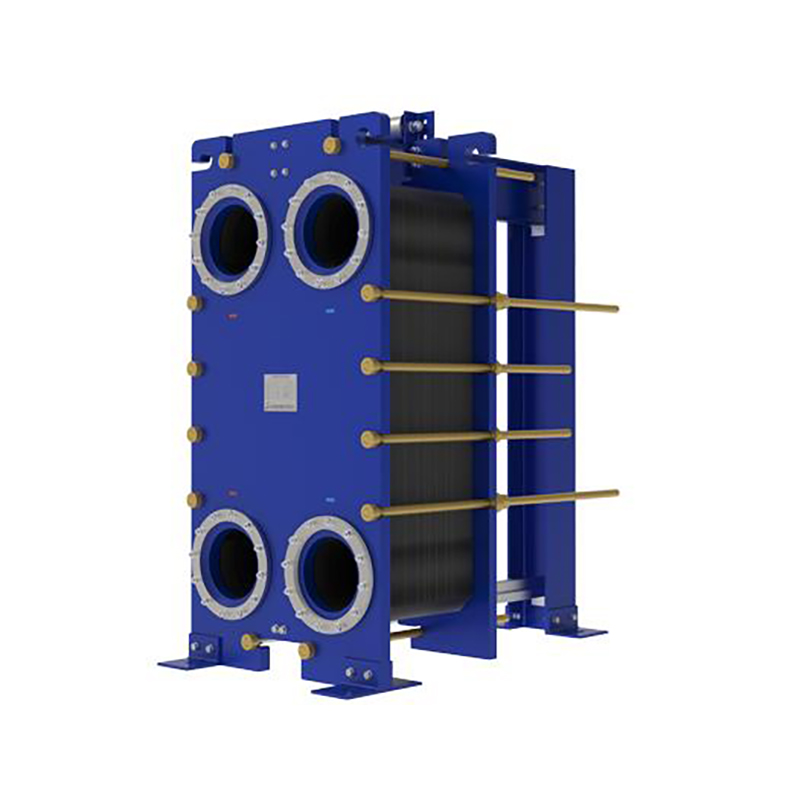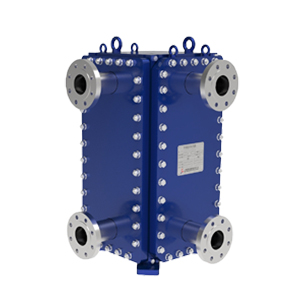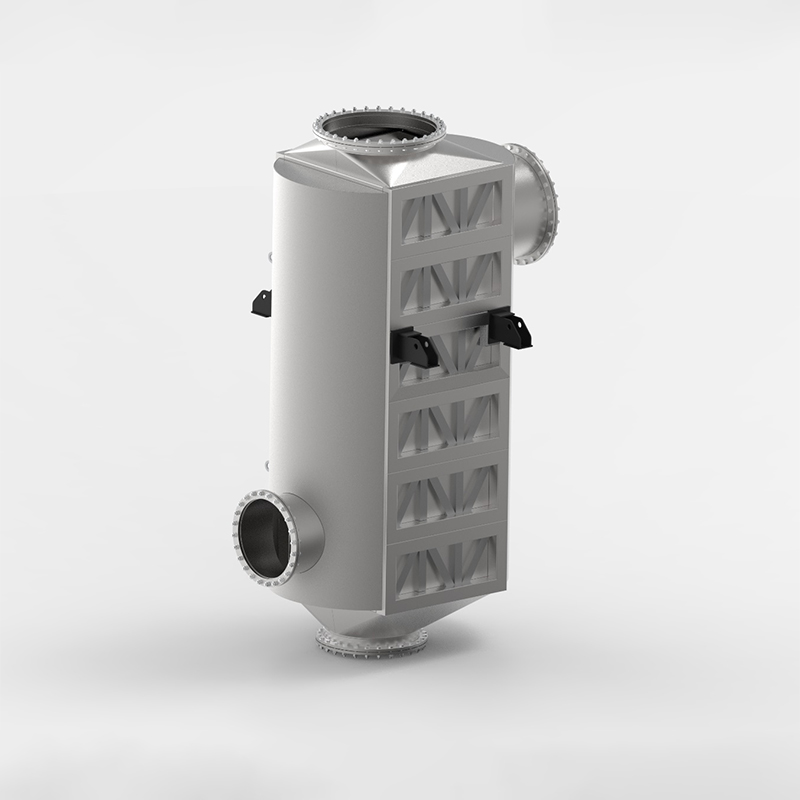5 key roles of plate heat exchanger gaskets.
Plate heat exchanger gaskets perform 5 key roles: ...
More
A heat exchanger coil is a critical component in HVAC and refrigeration systems, designed to transfer heat between two or more fluids without mixing them. These coils are typically constructed from materials like copper, aluminum, or stainless steel and come in various configurations, including finned-tube, microchannel, and shell-and-tube designs. They are widely used in industrial, commercial, and residential applications to enhance energy efficiency, regulate temperatures, and maintain system performance.
Heat exchanger coils operate on the principles of conduction and convection, ensuring efficient thermal transfer. For instance, in air conditioning systems, refrigerant coils absorb heat from indoor air, cooling it before circulation. In industrial settings, they facilitate heat recovery, reducing energy consumption by up to 30% according to industry reports. Their versatility extends to applications like power plants, chemical processing, and food refrigeration, where precise temperature control is essential. Modern advancements, such as hydrophilic coatings and corrosion-resistant alloys, further improve durability and performance, making them indispensable in sustainable engineering solutions.
Heat exchanger coils offer unmatched efficiency, durability, and cost-effectiveness, making them the preferred choice for thermal management. Their ability to optimize energy use and reduce operational costs has been validated by real-world data. For example, studies by the U.S. Department of Energy highlight that high-efficiency coils can lower HVAC energy consumption by 15–20%, significantly cutting utility bills. Additionally, their compact design and lightweight materials, like aluminum microchannel coils, reduce installation and maintenance expenses while maximizing heat transfer rates.
Choosing the right heat exchanger coil ensures long-term reliability and compliance with environmental regulations. Leading manufacturers, such as Carrier and Trane, emphasize coils with anti-corrosion treatments and leak-proof brazing, extending lifespans to over 15 years. Industry benchmarks also show that coils with enhanced surface areas (e.g., finned designs) improve heat exchange by 25–40% compared to standard models. Whether for industrial chillers, commercial refrigeration, or residential heat pumps, these coils deliver consistent performance, backed by certifications from ASHRAE and AHRI. Investing in quality heat exchanger coils translates to lower carbon footprints and higher ROI, aligning with global sustainability goals.
Select the most popular foreign trade service products to meet your diverse needs
Learn more about the dynamics and professional knowledge of the foreign trade industry

Plate heat exchanger gaskets perform 5 key roles: ...
More
A gasket in heat exchanger seals surfaces, blocks ...
MoreAPI 662 defines standards for plate heat exchanger...
More
You can see clear differences between welded block...
More.jpg)
Plate air preheaters transform industrial processe...
More
Regenerative solutions, such as the Plate Air Preh...
MoreSelect the most popular foreign trade service products to meet your diverse needs
Explore more content related to foreign trade services

User Comments
Service Experience Sharing from Real Customers
John Smith
Mechanical EngineerThe heat exchanger coil performs exceptionally well under high-pressure conditions. It's durable and highly efficient for industrial applications.
Emily Johnson
HVAC TechnicianGreat product! The heat exchanger coil improved our system's energy efficiency significantly. Installation was straightforward.
Robert Davis
Plant ManagerThis heat exchanger coil has been a game-changer for our facility. Minimal maintenance and excellent heat transfer performance.
Sarah Wilson
Maintenance SupervisorReliable and cost-effective heat exchanger coil. It has reduced downtime in our operations. Highly recommended!